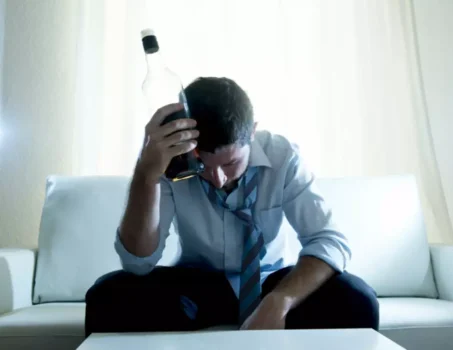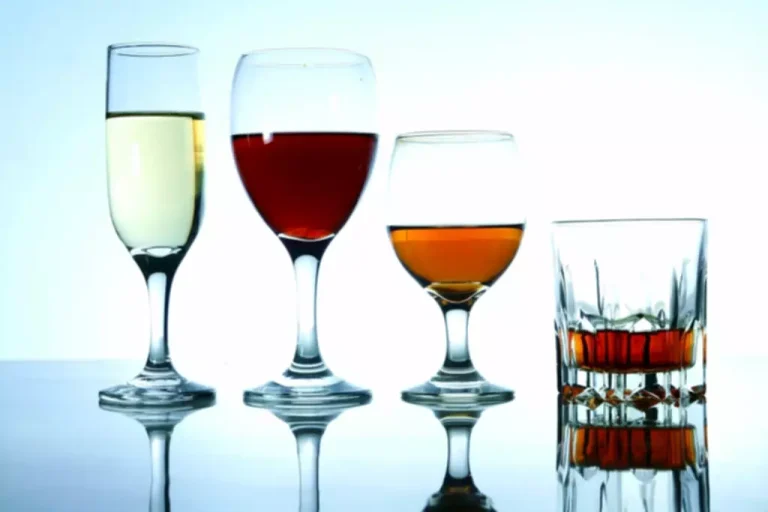
Typically, these tremors begin within 5 to 12 hours after the last drink and may gradually increase in intensity. If you don’t have access to a medical facility while experiencing the alcohol shakes, it’s recommended to call a doctor for medical advice as you detox as comfortably as possible at home. Either way, make sure you have someone around to supervise you and assure you’re drinking water & getting a fair amount of rest.

How Do You Stop Alcoholic Shakes?

The severity of these symptoms depends greatly on the amount of alcohol you consume and how often you drink. Committing to the alcohol recovery process is the best way to keep tremors at bay. Over time, your body adjusts to being alcohol-free, and you won’t experience withdrawal symptoms.
Track your alcohol consumption to identify patterns

Surrounding yourself with a supportive network of friends, family, and peers who understand your goals and challenges can be invaluable when you’re working to cut back on drinking. These individuals can offer encouragement, accountability, and a listening ear when you’re struggling with cravings or temptations. One effective way to reduce your alcohol intake alcoholism symptoms is by substituting alcoholic beverages with non-alcoholic alternatives. When socializing or relaxing at home, opt for mocktails, herbal teas, or sparkling water with fruit instead of your usual drink of choice.

Symptoms of Alcohol Tremors
Outpatient options, on the other hand, allow individuals to maintain certain aspects of their daily life while receiving treatment. The Recovery Village Atlanta offers comprehensive addiction treatment for drug and alcohol addictions and co-occurring mental health conditions. In some cases, you may be able to receive medications on an outpatient basis, but more serious cases of withdrawal tremor may require hospitalization.
- Getting help for alcoholism at The Recovery Village Columbus can greatly improve the chances of overcoming alcohol addiction.
- Once you have established your goals and reasons, create a detailed plan of action.
- This method allows your body to adjust to the reduction in alcohol consumption and can help minimize withdrawal symptoms.
- When someone drinks heavily for long periods, the brain becomes accustomed to being in a constant state of sedation and to this chemical imbalance.
- Alcohol shakes are a symptom of the disorder when they occur with other signs of AUD.
- Rather, detox should be followed by effective substance use disorder treatment.
Alcohol Detox Shakes and Withdrawal Symptoms
- Support groups aren’t for everyone, but you might find it helpful to have the encouragement of people who understand what you’re going through.
- However, it’s important to note that the cessation of shakes does not mean one has recovered from alcohol addiction.
- To effectively reduce your alcohol intake, start by setting specific, measurable goals.
To make non-alcoholic alternatives more accessible, keep a variety of options on hand at home. Stock your fridge with sparkling water, fruit juices, and other healthy beverages. Prepare pitchers of infused water or iced tea for a refreshing drink throughout the day. Having these options readily available will make it easier to reach for a non-alcoholic drink when you feel the urge to consume alcohol. Mindful drinking is a good start, but it’s not the only way to reduce your intake.
When attending events where alcohol is present, alternate between alcoholic and non-alcoholic drinks to slow your consumption. Start with a glass of water or a virgin cocktail before moving on to an alcoholic beverage. This strategy helps you stay hydrated, reduces your overall alcohol intake, and allows you to still participate in social situations without feeling left out. Depressants like alcohol slow down parts of the brain and interfere with the chemicals that regulate mood. This means that heavy drinking gets the brain used to a reduced level of stimulation. Alcohol shakes, which are technically called tremors, are a type of involuntary shaking that affects different parts of the body.
Regularly drinking significant quantities of alcohol gets the brain used to a how to stop alcohol shakes reduced level of stimulation. When the effect of alcohol wears off, the brain finds it difficult to cope with an increase in activity. This makes the nervous system hyperactive, which may result in shakes or tremors. This article will review alcohol shakes, their causes, treatment, the other signs of alcohol withdrawal, and when a person should contact a doctor. Alcohol shakes are a common symptom of alcohol withdrawal that may occur when a heavy or long-term drinker stops drinking.
Leave a Reply
You must be logged in to post a comment.